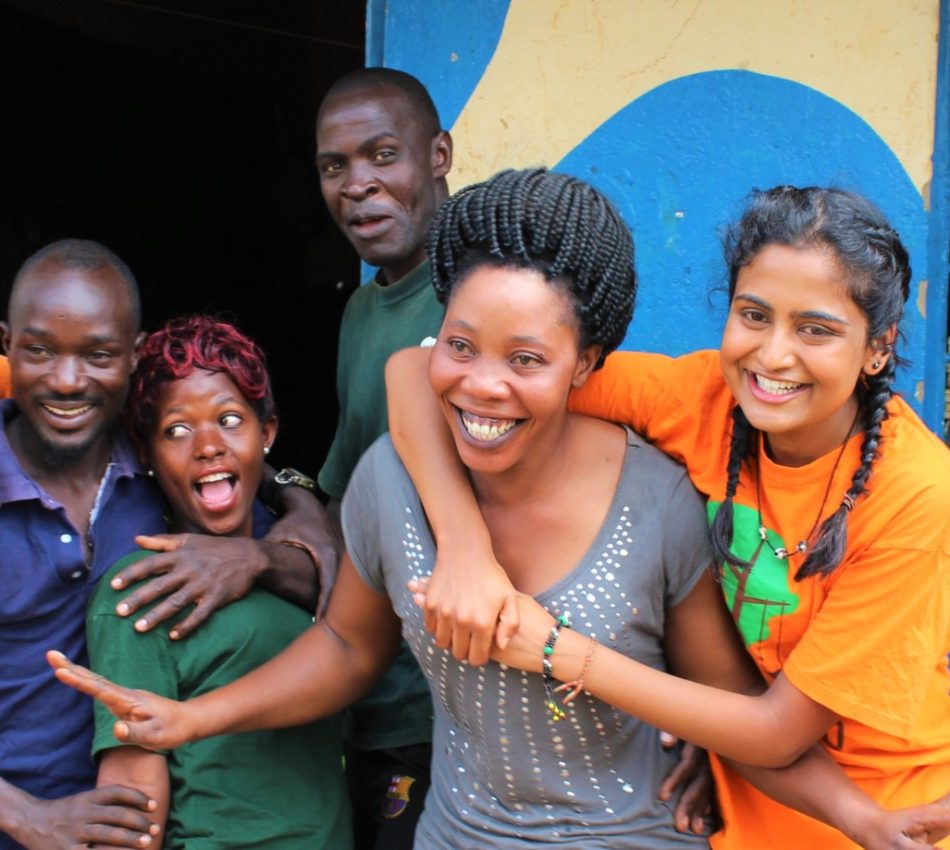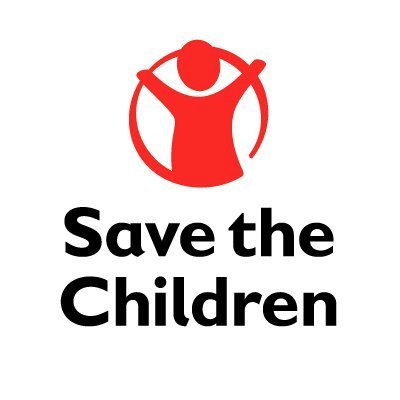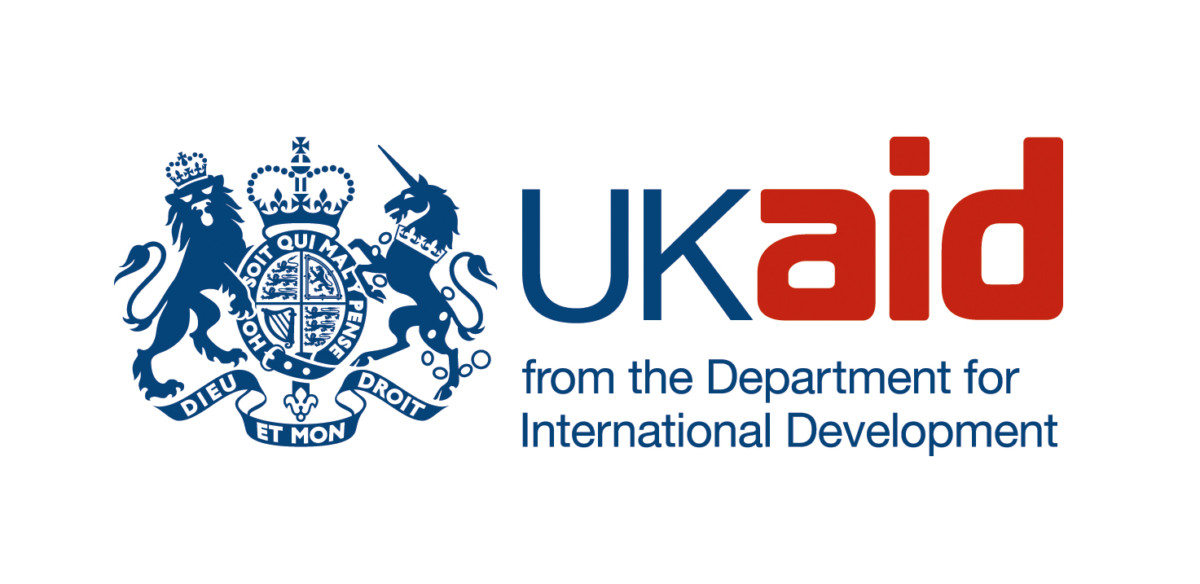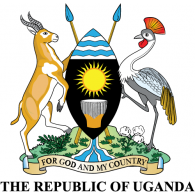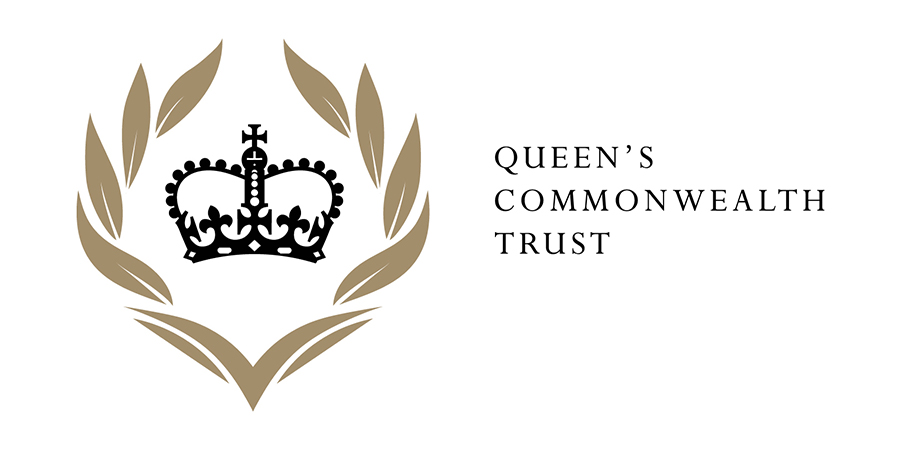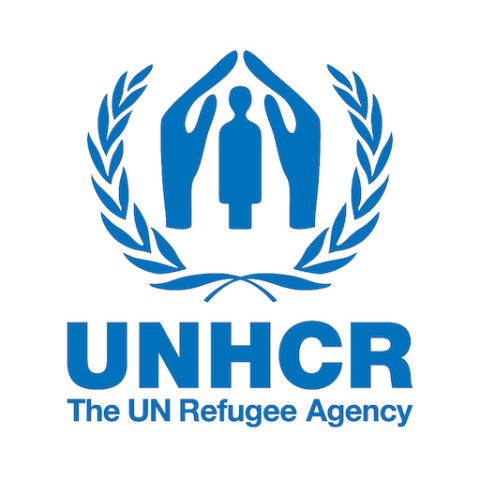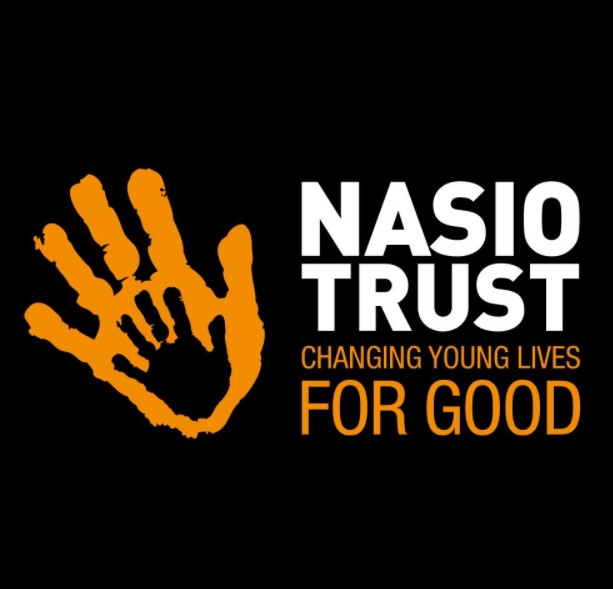Voluntourism (or volunteer tourism), is a short trip taken typically by Westerners whereby the primary focus is on the benefits it brings the volunteer in terms of experience opposed to providing the community with any long-lasting benefits.
The most common projects include those that aid community welfare, environmental conservation and research, education, construction projects, development of businesses or social enterprises and healthcare assistance1.
Voluntourism can bring many issues through the way it negatively impact the target areas, as well as the false sense of moral high ground it gives the volunteers.
Volunteers can end up taking jobs that may have otherwise gone to local people to help them earn a living, and this can leave communities with less income and less skills training. Similarly, it can contribute to the issue of the white saviourism complex whereby white individuals work overseas with the idea that they know what is ‘best’ for lower income communities. Often, a lot of volunteers end up going to areas that didn’t really want assistance, and the intervention is unsustainable and falls apart as soon as the volunteers leave.
As someone who has undertaken a few expeditions that fit into the ‘voluntourism’ category, I have had my fair share of leaving with the sense that I did more harm than good to an area. And honestly it is a horrible feeling to walk away with.
Often, I have put my trust in a company and worked hard to raise money and left feeling like the other volunteers around me thought themselves humanitarians when I felt like an intruder. Maybe it is because I have always been interested in development work and because of that I look at things with a more critical eye.
Whatever the reason, it is definitely an issue that goes unaddressed in a lot of charities that offer volunteering opportunities.
But this isn’t to say that all taking part in volunteering whilst you’re abroad makes you a bad person. It is just important that when deciding who you’re working with and where you’re volunteering you assess a number of factors:
- Is the charity’s work responding to an ask from the target community? Or is it an intervention they feel is needed?
- How much are they charging you, and where is the money going? If you’re being asked to pay over £4,000 and your volunteer work is painting a school for a week its likely there’s a lot of money that’s being pocketed by the organisation and not enough getting to the people that really need it.
- What are the organisation’s community ties like? Do they work with a local out there? Or are they convening with the local government or representatives only? Often the most impactful development work is done as bottom-up initiatives, that is, interventions that start with local people and are sustained that way, through skills training and knowledge transferring. Top-down governmental interventions are often unsuccessful because they fail to address the needs of the recipients and are instead used to bring money to the government or tourism to the area.
- What other work is the organisation doing? Do they do a lot of in-depth work in one area consistently? Are they juggling other valuable projects on the side? If a charity is only targeting one area, they could be doing long-term large scale development work. Alternatively, if the work you’re being asked to do doesn’t seem too impactful and the timescale is short, they might be going to that area because it is cheaper and familiar.
To avoid all this, make sure you research enough into the company you’re thinking of working with. Find out what work you’ll be doing, find out where you’re working, find out who you’re helping and why. Do your best to make an informed decision about whether what you’ll be doing is ethical and needed and delivered in a just way, i.e., that it isn’t taking anything away from the local community or is (respectfully) helping the community become more self-sufficient.
So, how does Play Action International work around the issue of voluntourism?
For starters, Play Action International only go to schools who ask for playgrounds to be built (there’s actually a very long waiting list because demand is so high!).
Not only this, but volunteers only work on labour that is unskilled, and locals are employed and paid adequately for the important stuff, like building large structures and welding metals. These locals are previous street-kids they have enrolled in a programmed, given qualifications, and employed full-time. Play Action International emphasises to volunteers that the builders are the real changemakers, they build these playgrounds day-in-day-out and are responsible for the long-lasting change to the children.
Because skilled local people are employed for the more important jobs, it means the structures that are built are durable. To ensure this, sometimes volunteer groups will start their expedition by visiting an old playground to refurbish it and make sure it is still safe to play on. At Play Action International, safety is a huge priority, so it’s really important to revisit past projects to make sure they’re up to the charity’s high standard.
Regarding the money that the volunteers raise, Play Action International are very transparent: 51% of the money goes directly to the playground project, 26% goes to the volunteer costs in-country, 10% goes towards their apprenticeship programme and helps keep the charity building playgrounds all throughout the year, and the remaining 13% goes towards fundraising costs, and UK support costs.
Working with a charity that is this transparent with where their money goes is so important to me, and having spoken frequently with my fundraising officers, I can whole heartedly say it is such an honour to be representing a charity that is so determined to make a long-lasting impact. I love how considerate Play Action International are with understanding the importance of cultural norms, and issues such as voluntourism. They have a zero-tolerance policy for portraying East Africa as a suffering, impoverished region and instead use the importance of play to emphasise what a joyous part of the world it really is.
Find useful links on the topic below
A huge thank you to our wonderful volunteer Phoebe Barker from University of Reading for writing this
blog post!
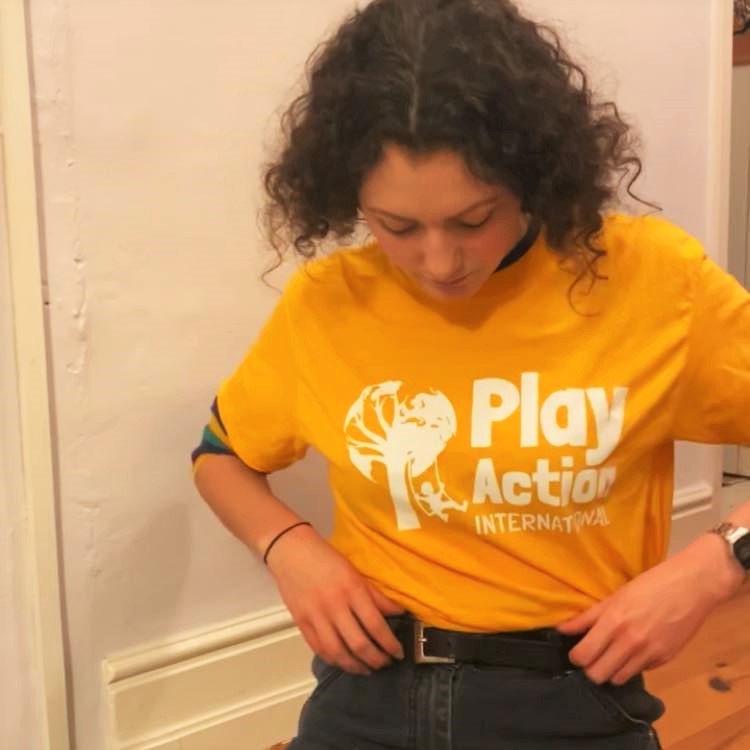
A Savior No One Needs: Unpacking and Overcoming the White Savior Complex: https://www.healthline.com/health/white-saviorism
What Is Volunteer Tourism and When Can It Actually Be Bad? https://medium.com/@vijaykumar.malavika/what-is-volunteer-tourism-and-when-can-it-actually-be-bad-fa111c329191
Voluntourism: the good and the bad: https://www.worldvision.ca/stories/voluntourism-the-good-and-the-bad#:~:text=The%20term%20voluntourism%20is%20a,from%20all%20over%20the%20world.
The business of voluntourism: do western do-gooders actually do harm? https://www.theguardian.com/news/2018/sep/13/the-business-of-voluntourism-do-western-do-gooders-actually-do-harm
1Callanan, M., and Thomas, S., (2005), Cited in Guttentag. D., (2009),The Possible Negative Impacts of Volunteer Tourism, International Journal of Tourism Research, Vol. 11, Issue. 6, pp. 537-551, DOI: http://dx.doi.org/10.1002/jtr.727
